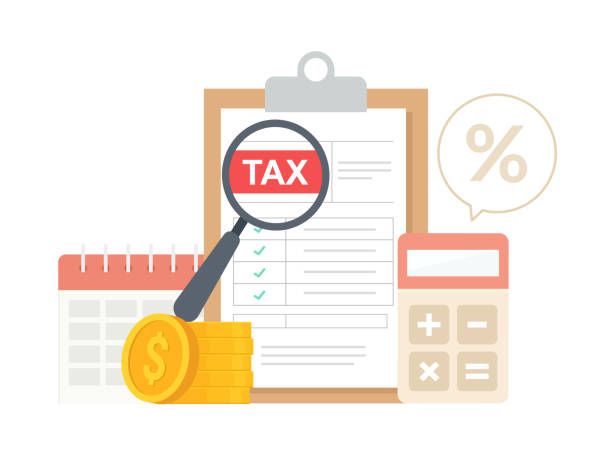Bookkeeping Tips
Effective bookkeeping is vital for the success of any business. By understanding and implementing various methods, leveraging the right software, avoiding common mistakes, and following practical tips, you can maintain accurate financial records and make informed business decisions.
Common Mistakes
Below are some pitfalls to watch out for:
- Procrastination : Delaying bookkeeping tasks can lead to disorganised records and financial stress. Set aside regular time to keep your books updated to prevent backlog and ensure accuracy.
- Lack of a Systematic Approach : Without a structured system, it’s easy to lose track of transactions. Establish a consistent process for recording and organising financial data, such as using digital tools or dedicated software.
- Discarding Receipts : Even small-value receipts are important for accurate record-keeping and tax deductions. Develop a habit of saving all receipts, either physically or digitally.
- Mixing Finances : Mixing personal and business finances can create confusion and complicate tax reporting. Keep separate accounts for business transactions to maintain clarity.
- Not Budgeting : Failing to prepare a budget can lead to overspending and cash flow issues. Create and stick to a budget to manage your finances effectively and ensure long-term sustainability.
- Ignoring Reconciliation : Not regularly reconciling your bank statements with your bookkeeping records can lead to discrepancies and errors. Make it a habit to perform regular reconciliations to identify and correct any issues promptly.
- Neglecting to Track Cash Transactions : Ensure that all cash transactions are recorded accurately to maintain a complete financial picture.
By being aware of these common mistakes and taking proactive steps to avoid them, you can maintain a clearer financial picture and ensure your business remains on solid ground.
Simple Bookkeeping Tips
Implementing effective bookkeeping practices can significantly enhance your business operations. Here are some essential tips:
- Separate Business and Personal Finances : Open a dedicated business bank account to keep your finances distinct. This separation simplifies tracking expenses and income, making tax time easier.
- Regularly Consult your Accountant for Advice : Regular consultations help you stay informed about tax laws and financial strategies, ensuring you make the best decisions for your business.
- Utilise Accounting Software : Choose software that fits your needs to automate and streamline bookkeeping tasks, reduce errors, and save time.
- Maintain Accurate Records : Keep detailed and organised records of all transactions. This practice not only aids in tax preparation but also provides a clear view of your financial health.
- Schedule Regular Reviews : Periodically review your financial statements to monitor cash flow, identify trends, and make informed decisions. Regular reviews help you stay on top of your financial situation and plan for the future.
By adopting these tips, you can enhance your bookkeeping practices, ensuring accuracy and efficiency in managing your business finances.
The post Bookkeeping Tips appeared first on Green Taylor Partners.
More GTP Articles






